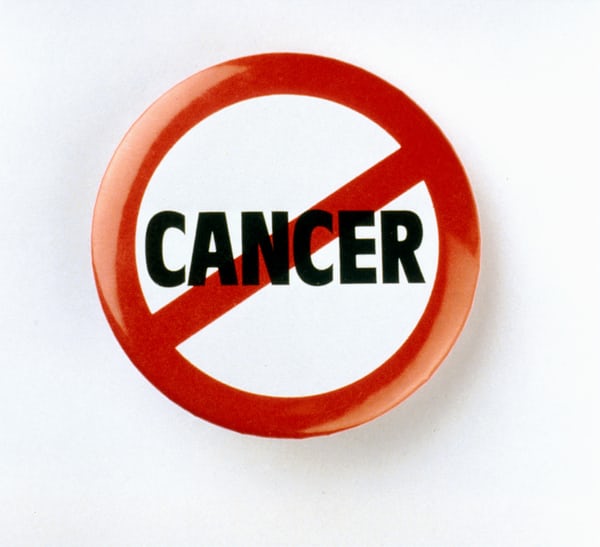The human papillomavirus (HPV) is an infection that is most commonly transmitted sexually, and it can be prevented through the use of HPV vaccines. Unlike other sexually transmitted diseases, this infection can be prevented.
However, statistics show that in 2018, 43 million HPV infections were detected in the U.S. The HPV virus can be transmitted even if the infected person has no symptoms, and although the infection might go away on its own, sometimes it triggers cancer and/ or genital warts.
HPV vaccination is safe and effective
The CDC recommends vaccinating all preteens against the virus because the vaccine is most efficient for that age group (11-13 years old). The two most common HPV vaccines are Gardasil and Cervarix. A study published in The Lancet determined that the HPV vaccine cervical reduced the risk of getting cervical cancer by almost 90% in the U.K.
The study was conducted by researchers from Kings College London in partnership with the British Government. Researchers analyzed data from women dating from January 2006 until June 2019. There were several categories such as unvaccinated women, vaccinated women by age groups, and more. One group was made of women vaccinated when they were 12-13 years old, a second one with women aged 14 to 16, and another one with women aged 16-18.
The results indicated that women who were vaccinated the earliest had the highest protection against the HPV virus. In contrast, those vaccinated between 14-16 had a 65% reduced rate, and the 16-18 group had rated reduced by 24%.
Researchers concluded their article in the Lancet with the following:
We observed a substantial reduction in cervical cancer and incidence of CIN3 in young women after introducing the HPV immunization program in England, especially in individuals who were offered the vaccine at age 12–13 years. The HPV immunization program has successfully almost eliminated cervical cancer in women born since Sept 1, 1995.
The great news is that, unlike other STIs, there is a vaccine that can prevent the infection and the possible cancers associated with it.























Leave a Reply